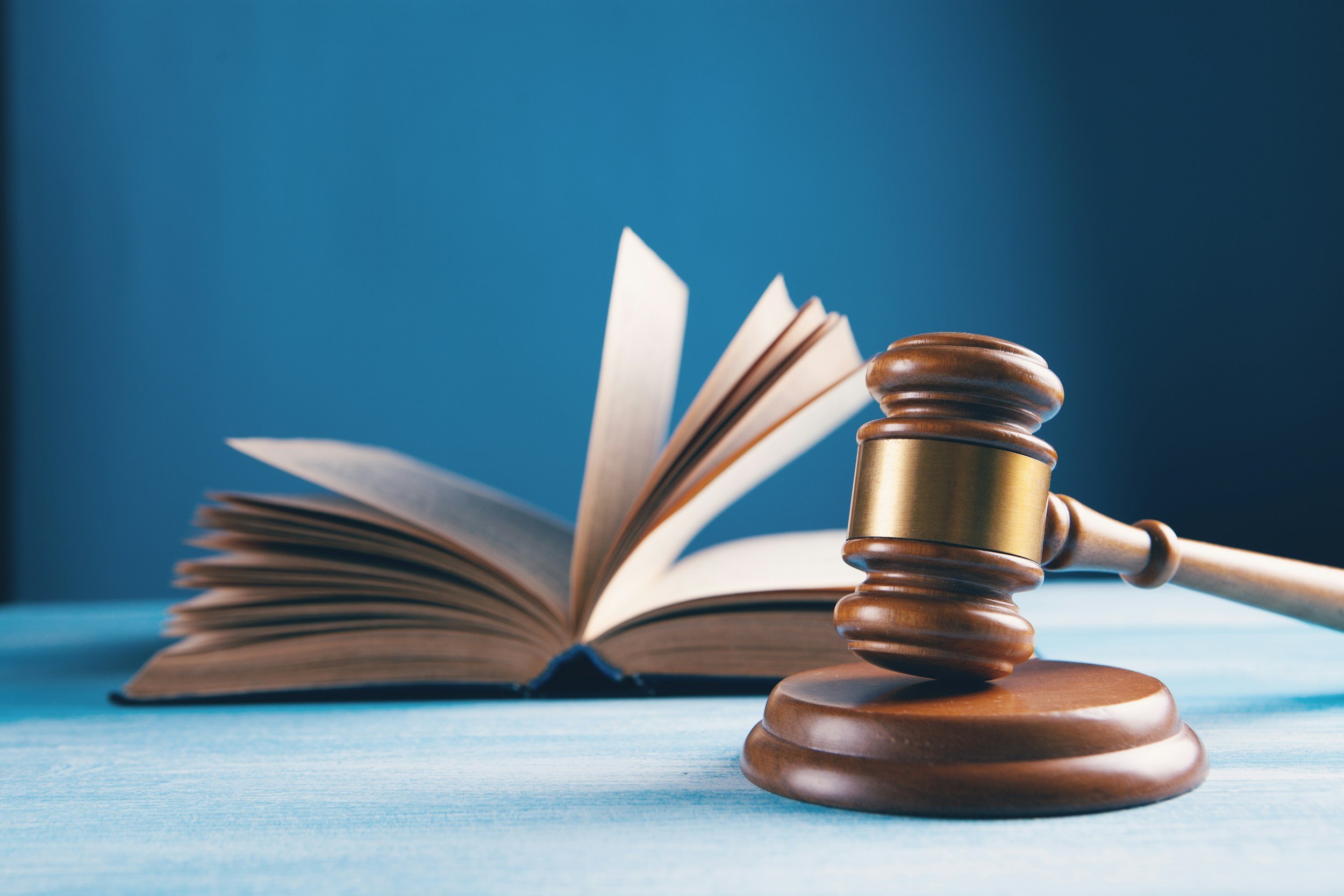Small Claims Court Checklist
For the Plaintiff
(Person Filing the Claim)
• Try to resolve the issue first. Reach out to the defendant to discuss the problem and explore informal solutions.
• Understand the process. Learn about small claims court procedures and make sure your claim is filed within the legal limits.
• Know your numbers. Determine the exact amount you’re suing for and be ready to explain how you calculated it.
• File your claim. Complete and submit Forms and pay the court filing fee. Determine whether you qualify for a fee waiver.
• Serve the defendant properly. Make sure each defendant is served with a copy of the claim and that a Proof of Service is filed with the court before the hearing.
• Get organized. Collect your evidence, make copies of documents and photos, and prepare what you’ll say to the judge.
• Stay open to settlement. Continue communicating with the other party — you can still resolve the issue before the hearing.
• Attend your hearing. Show up on time, be respectful, and present your case clearly.
For the Defendants
(Person Being Sued)
• Open the lines of communication. Talk to the plaintiff and consider mediation or another informal resolution.
• Understand your rights. Review the court procedures and what to expect at the hearing.
• Have a claim of your own? You may file a counterclaim.
• Prepare for the hearing. Organize your evidence, make copies of documents/photos, and speak with any witnesses ahead of time.
• Stay flexible. Try to resolve the issue before court — offer payment or negotiate a plan if appropriate.
• Need more time? You can request a continuance to try and resolve the dispute or prepare your case.
• Avoid a judgment. A court judgment may impact your credit — resolving the issue beforehand may help avoid this.
• Attend your hearing. Show up ready to explain your side and respond to the plaintiff’s claims.

